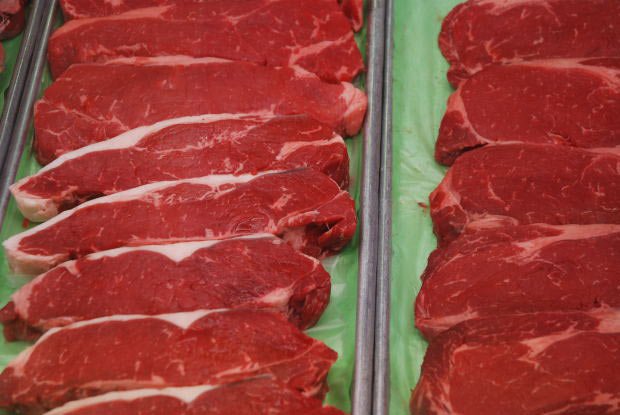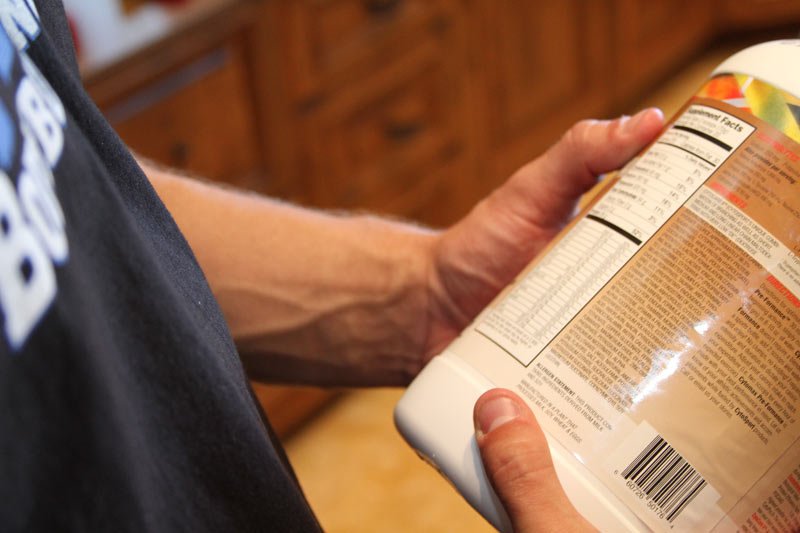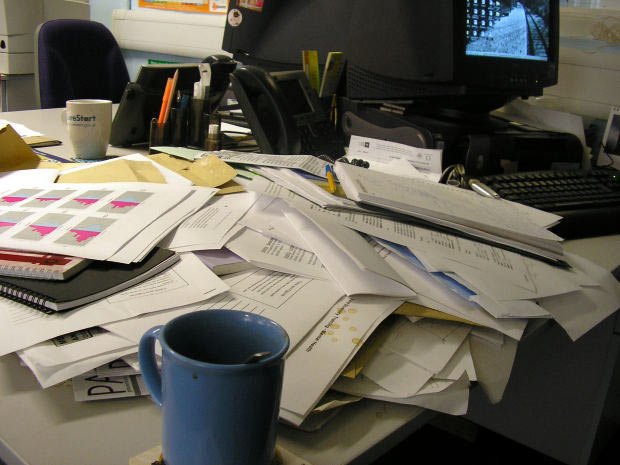Your days are filled with a tight schedule of racing to work, working and catching up on the latest important information and water-cooler work gossip, followed by a mid-day battle to hold your eyelids open, another race home (and opportunity to tow the car behind you if he gets any closer), a workout, housework, dinner, time with family...and let's not forget quality time on Twitter and Facebook. Yep, our days are busy, but if you are fatigued all the time, it may not be your busy schedule that's sapping your energy.
What Is Iron?
Iron is an essential mineral for our health. It regulates cell growth and differentiation and is a structural component of many proteins and enzymes. The iron in our body is mainly found in hemoglobin, myoglobin, enzymes that assist with biochemical reactions and storage proteins.
Hemoglobin is the protein in red blood cells that carries oxygen to the tissues in our body and myoglobin is a protein that supplies oxygen to our working muscles. Because iron is so critical to proteins involved in oxygen transport, low iron levels and a true deficiency can lead to a number of symptoms including:
- Fatigue
- Mental "fogginess"
- Lowered immunity
- Feeling cold, difficulty maintaining body temperature
- Feeling tired and weak
- Poor performance in work and school
- Glossitis (inflamed tongue)
How much iron do you need every day? It depends on if you are a male or female, pregnant or lactating and your age:
| Age | Males (mg/day) | Females (mg/day) | Pregnant (mg/day) | Lactating (mg/day) |
| 9-13 | 8 | 8 | N/A | N/A |
| 14-18 | 11 | 15 | 27 | 10 |
| 19-50 | 8 | 18 | 27 | 9 |
| 50+ | 8 | 8 | N/A | N/A |
You can get iron from food and therefore shouldn't, hypothetically, need to supplement if you eat the right foods every day. The problem is that many do not as evidenced by the fact that iron deficiency is the most prevalent nutrient deficiency in the world.
Iron deficiency develops in stages over time. First, our iron intake doesn't meet our daily needs. Next our storage form of iron is depleted (while the typical tests for anemia, hemoglobin and hematocrit, remain normal at this stage). By the time a person is anemic, both their storage form of iron and blood iron levels cannot meet their daily needs.
Your best bet for eating your iron is red meat. If you don't like red meat, dig into a serving of chicken livers or clams and you'll get all the iron you need for a day. If you've nixed those top three sources, you can get iron from fish and poultry and several grain-based foods as well. However, there are two types of iron, heme iron and non-heme iron. Heme iron is found in foods of animal origin only.
We absorb about 15-35% of heme iron and absorption isn't affected by other foods we eat. Non-heme iron is found in plant-based foods (vegetables, grains, breakfast cereals etc). Only 2-20% of non-heme iron is absorbed and many factors affect the absorption of non-heme iron. The following food components, when eaten at the same time as non-heme iron, decrease its absorption:
- tannins (found in tea and wine)
- calcium (dairy, multivitamins)
- polyphenols
- phytates (legumes, whole grains)
- some proteins in soy food
Unfortunately, many of the most abundant sources of non-heme iron are foods that contain substances that also inhibit its absorption. However, you can increase the amount of non-heme iron you absorb by consuming vitamin C rich foods or beverages or heme iron (from meat, turkey, chicken and fish) at the same time.
Sounds complicated doesn't it? Luckily our body does an amazing job at compensating: the biggest factor influencing iron absorption is your storage levels of iron. If iron stores are high, absorption levels drop. However, if storage is low, absorption increases in an effort to build optimal storage levels. Sometimes though, our compensation mechanisms can't bring us back to normal levels.

The Best Source Of Iron From Food Would Be Red Meat.
How The Bodybuilding Supplement Iron Can Help You Fight Fatigue ///
Bodybuilders Know Their Diet
As a bodybuilder, you are very aware of what you're consuming and will find out if your diet is lacking in any nutrients. And, if your diet falls short, you'll turn to a dietitian or physician to find out the best way to make up for that shortfall.
Bodybuilders Recognize When Something Doesn't Feel Right
Being in tune with your body pays off. As a bodybuilder, you won't put up with mild fatigue - one of the first signs of iron deficiency. And, because you are always reading about health, nutrition and working out, you realize that even before you are truly anemic, mild iron deficiency can make you feel like garbage.
Bodybuilders Are Supplement Savvy
As a bodybuilder, you will dig deep to find out what you need and how to get it. And, you know by now that even supplements in the same category are not always created equally. And, iron is no different - if our bodies absorb heme iron better than non-heme, it makes sense to take a heme iron based supplement if you have iron deficiency or iron deficiency anemia. Plus you need less heme iron then non-heme iron to get your levels back to normal which means you should experience fewer side effects (namely constipation - the most common side effect of iron supplements).

As A Bodybuilder, You Will Dig Deep To Find The Ingredients You Need And Get Them.
Additional Tips To Fight Fatigue ///
Get Checked
As in, go to the doctor. If you know you eat plenty of iron in your diet, you may have anemia that isn't due to iron deficiency, hypothyroidism, sleep apnea, depressed metabolism due to chronic dieting, stress, mono or something else. The only way to find out is to have a physician look at your symptoms and then rule out what you don't have.
Sleep Well And On A Regular Schedule
If you feel like you are tired all the time, it makes sense to take a cold hard look at your sleep habits. And, I have news for you: few of us can get by on 6 hours a night every night. Power down your electronic equipment, turn your phone on silent and shut the shades. In order to function well every day, we need to recharge at night.
De-stress And De-clutter
Stress and clutter take time and sap energy. De-clutter and un-friend (or "hide") things and people that drag you down rather than bring you up.

Clutter can Sap Energy. Remove The Things That Are Dragging You Down.
Conclusion
Because iron deficiency occurs in stages, it is important to pick up on it early so you feel better sooner rather than later. If you think you may be iron deficient or anemic, ask your physician for a full iron panel (not just hemoglobin and hematocrit tests). And, talk to your doctor about the right supplement or prescription for you.
